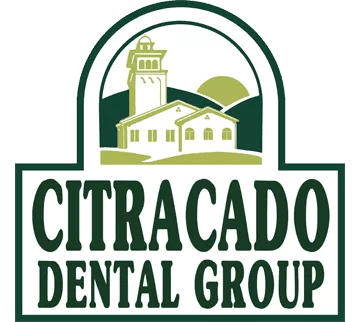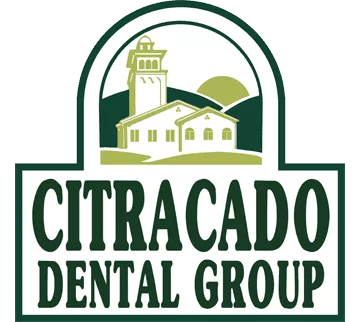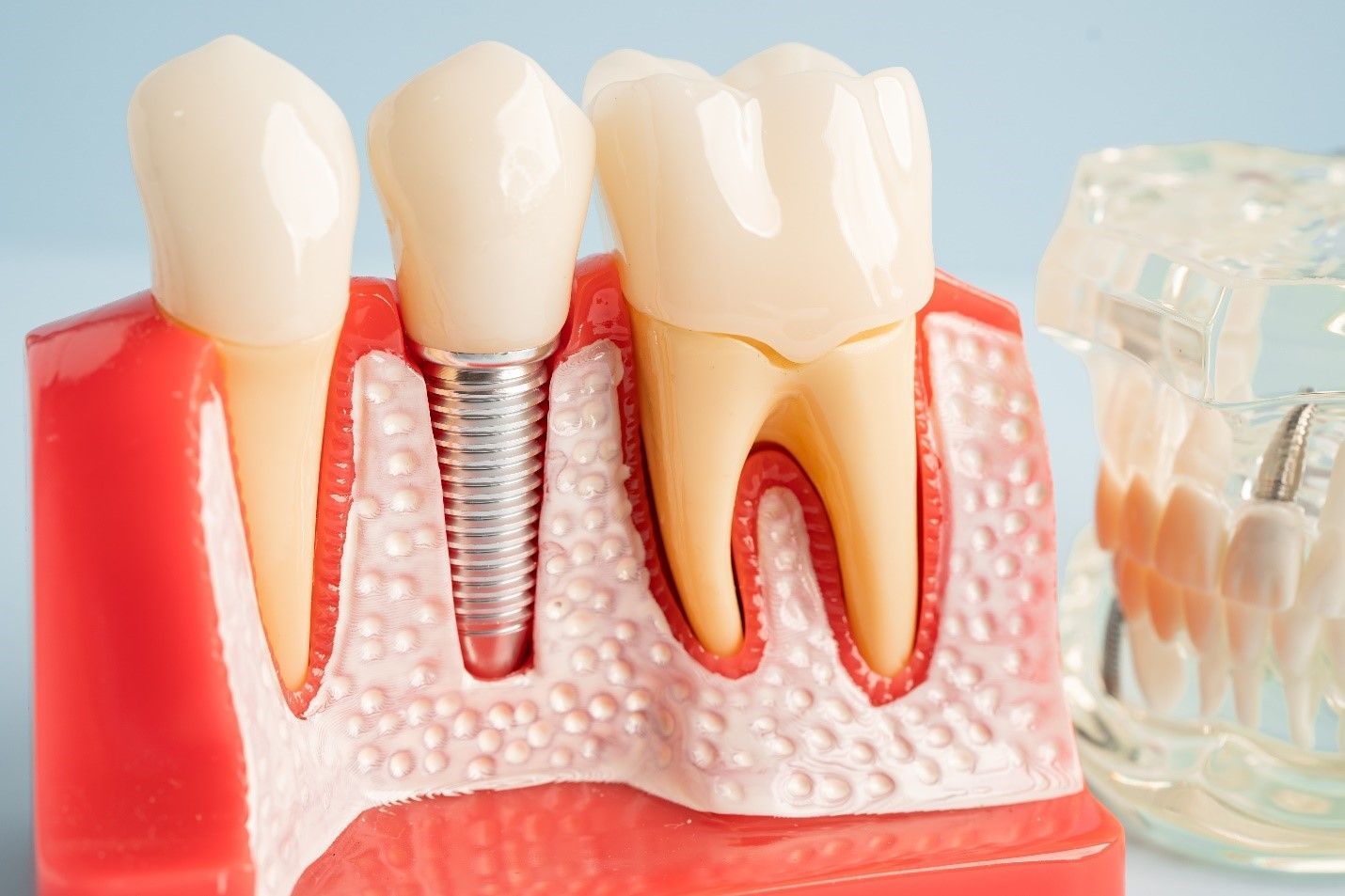TEN REASONS TO CHOOSE INVISALIGN TO REACH YOUR SMILE GOALS

So, you’ve decided to go after your smile goals. No matter your age or lifestyle, Invisalign clear aligners are a convenient and comfortable option that will fit into your daily routine seamlessly.
After a short consultation and a discussion about your cosmetic goals and any pain or discomfort you are experiencing, your doctor will take a few simple scans of your mouth and jaw. These steps will determine whether or not you are a good candidate for Invisalign treatment or if other treatment options should be explored.
Choose Invisalign to Reach Your Smile Goals
In some cases, patients find themselves deciding between traditional braces or clear aligners. If this is you, we have 10 reasons to consider Invisalign.
- Achieve your cosmetic goals:
Technology has come a long way over the years, and many issues can be corrected with clear aligners, including tooth alignment, small gaps, overbites, underbites and crowded teeth to name a few.
- Visually subtle:
Clear aligners and attachments that match the color of your teeth make aligners barely visible to the naked eye, both in person and in photographs. Many patients find that this option is more subtle and therefore preferable to clear braces.
- Suitable for all lifestyles:
Whether you’re athletic, a travel bug or speak to clients all day, Invisalign will fit seamlessly into your life without any need to change your routine. As with all devices, there will be a small adjustment period as you get used to wearing trays about 22 hours per day. Soon enough, you won’t even notice they are there.
- Comfort:
Throughout your treatment, scans will be taken and new trays will be made periodically as your teeth move. Each new tray moves teeth about 1/10 mm, which causes minor but very impactful movements that minimize discomfort and pain. Plus, there is no need for pesky wires or brackets.
- Jaw pain relief:
Many patients are happy to report that improving the alignment of their bite also improves jaw pain and the tension and headaches that come with it. In addition to improving the resting position of your bite, aligners often act as a mouthguard, minimizing nighttime grinding and clenching.
- Cost-effective:
Invisalign is an affordable solution and a true investment into your appearance and confidence. Some insurance plans cover portions of orthodontic treatment but even if that’s not the case for you, we offer options such as CareCredit to fit your specific financial situation.
- Treatment time:
The length of your treatment will be estimated by your doctor before you begin but, in general, is a fast and effective way to treat most orthodontic issues. After your initial treatment period, a refinement period fine-tunes your positions before treatment completion to ensure long-lasting results you will love.
- Eating and drinking:
Unlike with traditional braces, there are no food or drink limitations with aligners, with the exception of foods or drinks that could stain your attachments. When it’s time for a meal or snack, all you have to do is take them out, place them in the case while you eat and then give your mouth a good brushing before returning the trays.
- Mindful snacking:
Because trays must be removed and then cleaned before putting them back in your mouth when you eat or drink, many find themselves spending more time thinking about the foods and drinks they choose to eat. This can result in healthier choices that will make your whole body happy.
- Improved hygiene: If you’ve been slacking on your dental hygiene routine, now is the time to kick things up a notch. Great oral health and regular brushing and flossing are imperative while wearing trays. However, often patients share that this is a perk of treatment rather than a drawback, with increased oral health contributing to the confidence that comes with treatment.
If you’re ready to see how Invisalign treatment can improve your smile, we would love to talk. Schedule a free cosmetic consultation by calling us at
760-489-5545.
QUICK MENU
RECENT POSTS






